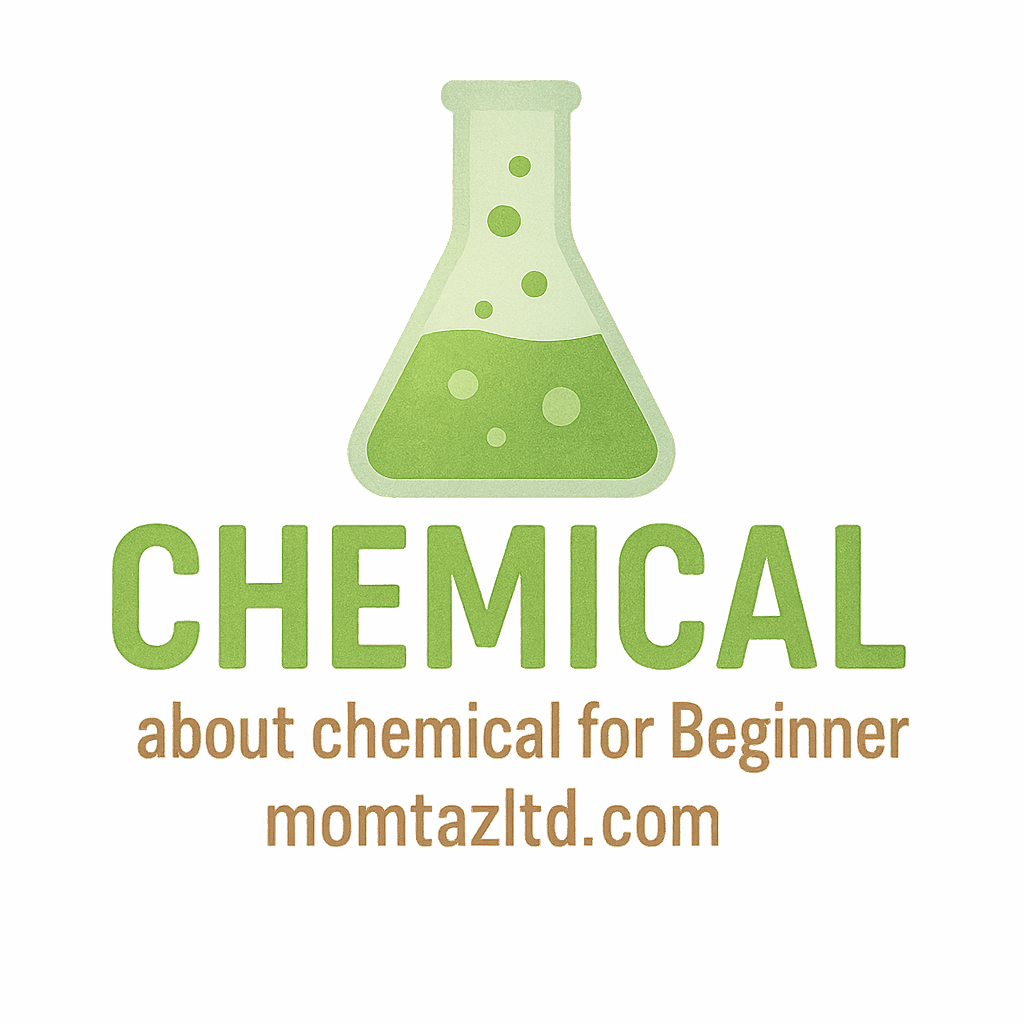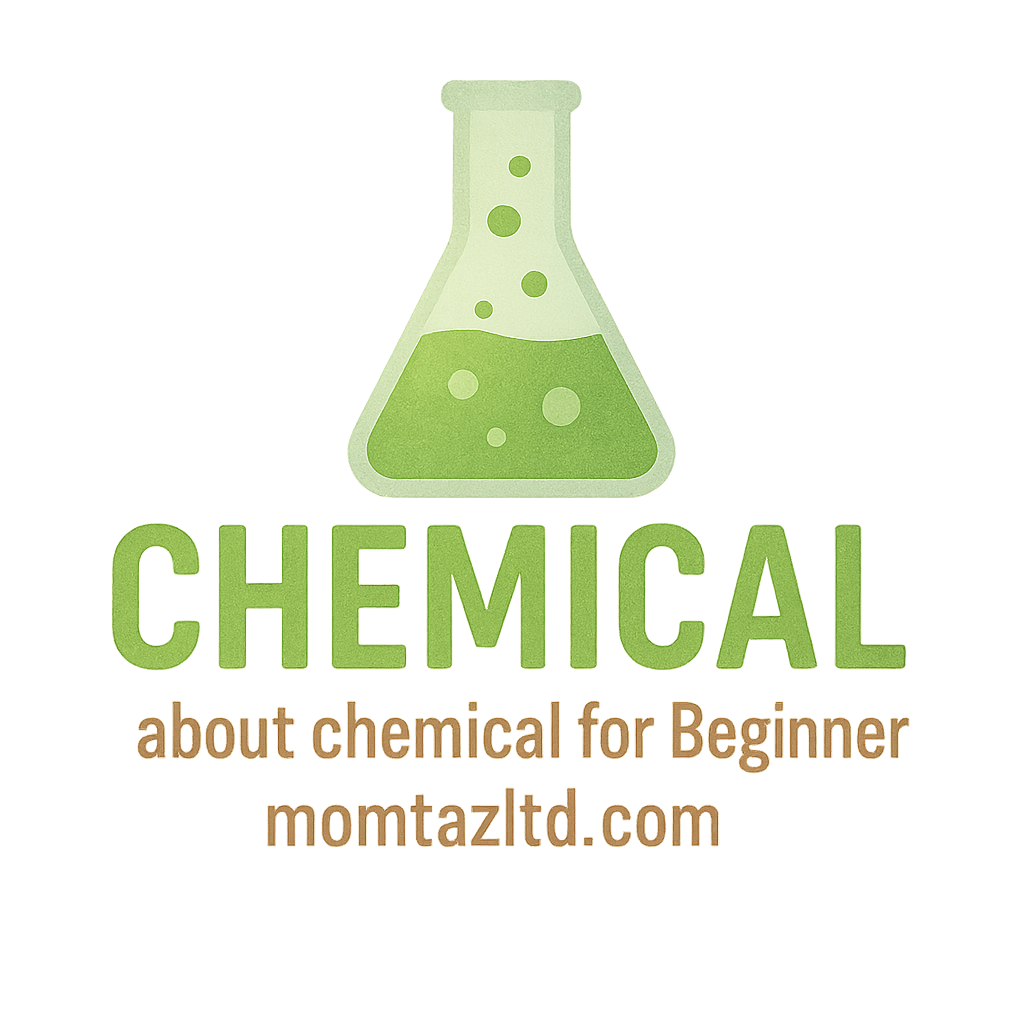Introduction
Starting your journey into chemistry can feel like stepping into a giant laboratory where every bottle, reaction, and formula has its own mystery. While it’s exciting, beginners often make mistakes that slow down their progress. The good news? Most of these mistakes are easy to fix once you know what to look out for. In this article, we’ll explore the 8 beginner mistakes to avoid in chemical for beginner learners so you can build confidence, learn faster, and stay safe.
Whether you’re a student, hobbyist, or someone curious about household and industrial chemicals, this guide will walk you through the pitfalls and how to avoid them.
Why Learning Chemistry as a Beginner Matters
Building a Solid Foundation
Think of chemistry as the alphabet of science. If you skip the basics, you won’t be able to form words—or in this case, understand complex chemical reactions. By starting with a strong foundation, you set yourself up for long-term success.
Connecting Chemistry to Real Life
From the soap you use in the shower to the fuel that powers your car, chemistry is everywhere. Knowing even the basics gives you insights into the world around you. This is why avoiding beginner mistakes matters: every step forward brings you closer to real-world applications.
Mistake #1: Ignoring Basic Chemical Terms
Why Terminology Is Crucial
Skipping over chemical terms is like trying to bake without knowing what sugar or flour is. Without understanding words like “molecule,” “reaction,” or “solution,” everything else becomes confusing.
How to Master Chemical Vocabulary
Start small. Visit resources like Chemical Basics and Beginner Chemistry to break down terms into simple explanations. Flashcards and practice quizzes also help.
Mistake #2: Overlooking Safety in Chemistry
The Importance of Chemical Safety
Safety is the number one rule in chemistry. Many beginners think, “It’s just a small experiment—it won’t hurt.” But even household chemicals can cause burns, poisoning, or accidents.
Household vs. Laboratory Safety
Check out Household Chemicals to understand the risks of everyday items. For lab settings, guides on Chemical Safety explain protective equipment, proper handling, and emergency measures.
Mistake #3: Misunderstanding Chemical Reactions
Common Misconceptions Beginners Have
Many beginners think a chemical reaction is just mixing two liquids and watching something happen. In reality, reactions can be subtle—like color changes, heat release, or even gas formation.
Simple Examples of Chemical Reactions
Learning basic reactions helps. For instance, vinegar and baking soda create carbon dioxide gas. Visit Chemical Reaction for deeper insights into how reactions occur and why they matter.
Mistake #4: Poor Chemical Storage Practices
The Risks of Improper Storage
Storing chemicals randomly is like leaving matches next to fireworks. Incompatible substances can react dangerously.
Best Storage Tips for Beginners
Learn from Chemical Storage. Always label containers, store acids separately from bases, and keep flammables away from heat.

Mistake #5: Skipping Hands-On Practice
Why Experiments Are Essential
You can’t learn to ride a bike by reading about it. The same goes for chemistry. Without practice, theories remain abstract.
Safe and Easy Lab Experiments
Try experiments with simple Laboratory Chemicals under supervision. If you’re at home, check Lab Experiments for safe, beginner-friendly activities.
Mistake #6: Relying Only on Theory
Balancing Reading and Experimentation
Yes, reading is important—but chemistry lives in action. Theory without practice is like reading recipes without ever cooking.
Using Industrial and Household Chemistry Examples
Explore Industrial Chemicals and Household Chemicals to see how theory shows up in your daily life.
Mistake #7: Not Learning from Experts
How Mentors Improve Understanding
Guidance from teachers or professionals accelerates learning. Experts can point out mistakes you might not even notice.
Online Resources and Expert Guidance
Websites like Learn from Experts and Chemical Scientists are great starting points for connecting with experienced chemists.
Mistake #8: Ignoring Chemical Careers and Applications
Career Opportunities in Chemistry
Chemistry isn’t just for labs. Careers range from pharmaceuticals to environmental science. Explore Chemical Careers to see where your journey can lead.
Real-World Applications of Chemistry
Understanding Industrial Learning shows how chemistry shapes industries, medicine, and even food.
Tips for Beginner Chemists to Succeed
Building a Learning Routine
Consistency is key. Dedicate even 15 minutes daily to reviewing notes or trying a small experiment.
Staying Inspired and Curious
Check out Inspiration to stay motivated. Chemistry is a field that rewards curiosity—every question you ask brings you closer to discovery.
Conclusion
Avoiding beginner mistakes in chemistry is less about being perfect and more about being mindful. By mastering basic terms, prioritizing safety, practicing experiments, and seeking expert guidance, you’ll set yourself up for success. Remember, chemistry isn’t just a subject—it’s a lens to see and understand the world around you.
If you’re serious about learning more, visit Momtaz Ltd for resources ranging from beginner tips to advanced industrial insights.
FAQs
1. What is the most common beginner mistake in chemistry?
Not learning basic chemical terms, which makes everything else harder to understand.
2. Why is chemical safety so important for beginners?
Because even small mistakes can lead to dangerous accidents, especially with household or lab chemicals.
3. How can I improve my understanding of chemical reactions?
Start with simple experiments and explore resources like Chemical Reaction.
4. What’s the safest way to store chemicals at home?
Always label containers, separate acids from bases, and keep flammable items away from heat sources.
5. Can I learn chemistry without a laboratory?
Yes, you can use online resources, household items, and guides like Learn Chemical.
6. What careers can beginners in chemistry aim for?
Fields include pharmaceuticals, industrial chemistry, research, and environmental science.
7. How do I stay motivated when learning chemistry?
Explore real-world applications and visit pages like Practice Chemistry to keep learning fun and hands-on.


